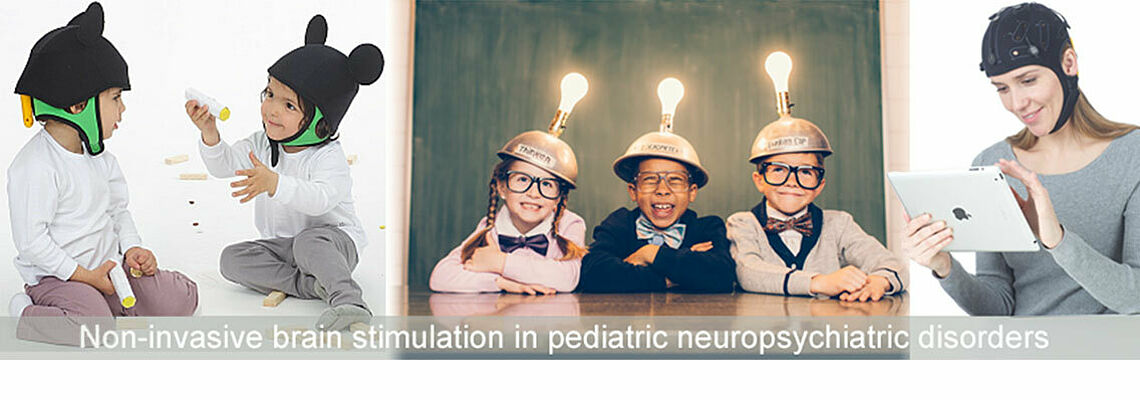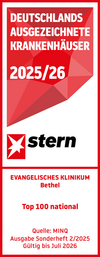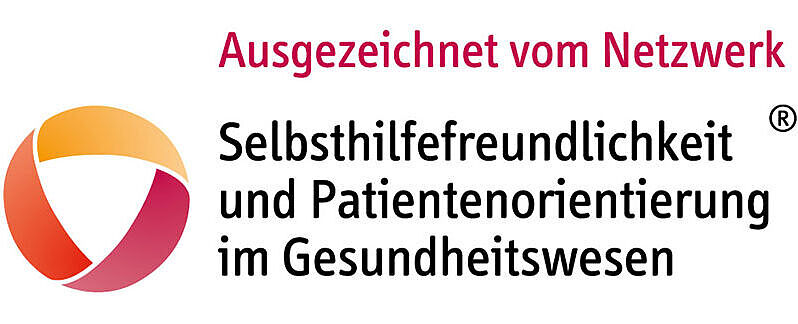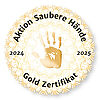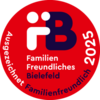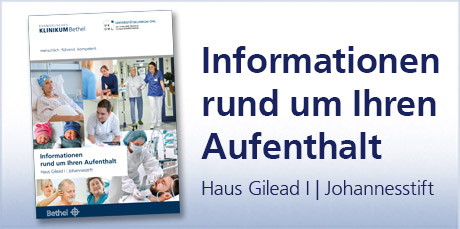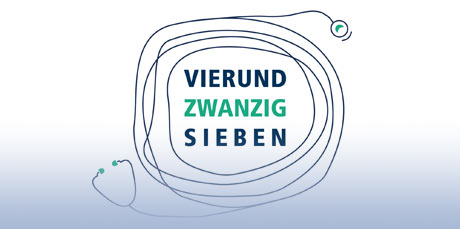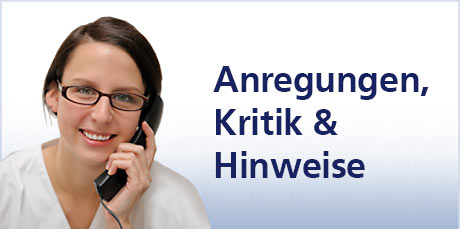STIPED – STImulation in PEDiatrics

Stimulation bei Kindern
STIPED is an ambitious global partnership which will result in five randomized double-blind sham-controlled phase I and IIa proof-of-principle clinical trials establishing effect sizes and studying safety and tolerability of tDCS on cognitive and behavioural outcomes in children and adolescents with ADHD and ASD.
Ethical Issues
Why ethics?
The technology used in STIPED aims to affect the brain - the seat of our very selves, our personalities and our cognitive, psychological, relational and emotional capacities. Any scientific project wanting to understand how the brain works must be aware of the great importance such study has not only for those affected, but for all of us. This is even truer for research that directly intervenes in the brain - for example using brain stimulation to treat neuropsychological disorders, as we do in STIPED. We try to reflect this relevance by paying very close intention to the ethical and social implications of our work, which range from issues around effects on patient autonomy or the avoidance of stigma to questions of 'neurocognitive enhancement'. We also aim to contribute to the public debate on 'neuroethical' questions. Finally, we aim to develop ethically sounds, evidence-based recommendations for future policy regarding the use of brain stimulation in paediatrics. In order to do all this, STIPED has a dedicated ethics work package.
How do we do ethics?
Firstly, we are committed to implement the highest ethical standards within our own clinical research. Children and adolescents, and especially those with disorders such as ADHD and ASD, are a highly vulnerable group and in need of special protection. For this reason, we work closely with children, adolescents and parent to make sure our study approach responds to their wishes and needs. We also pay very strict attention to following all standards of research ethics and good practice.
Secondly, we want to learn about the attitudes, beliefs, expectations and worries of patients, parents, and also health professionals and other carers regarding the technologies and treatments used and developed in STIPED. We will also investigate the views of the wider public on these issues. By taking into account a wide diversity of perspectives, we hope to gain sufficient insights to design treatments and therapies in a way that avoids ethical and social problems.
Thirdly, we map the more theoretical, neuro-ethical debates around brain stimulation and neuro-enhancement, to learn about the arguments exchanged and to contribute new ones.
And finally, we will engage with patient and advocacy groups and the wider public, present our work in progress publicly, and feed results into fora for exchange with other researchers, patients, the public etc. This way, we hope to receive timely feedback on our work and on the policy recommendations we aim to develop as part of STIPED.

STIPED has received funding from the European Union’s Horizon 2020 research and innovation programme under grant agreement No 731827.

